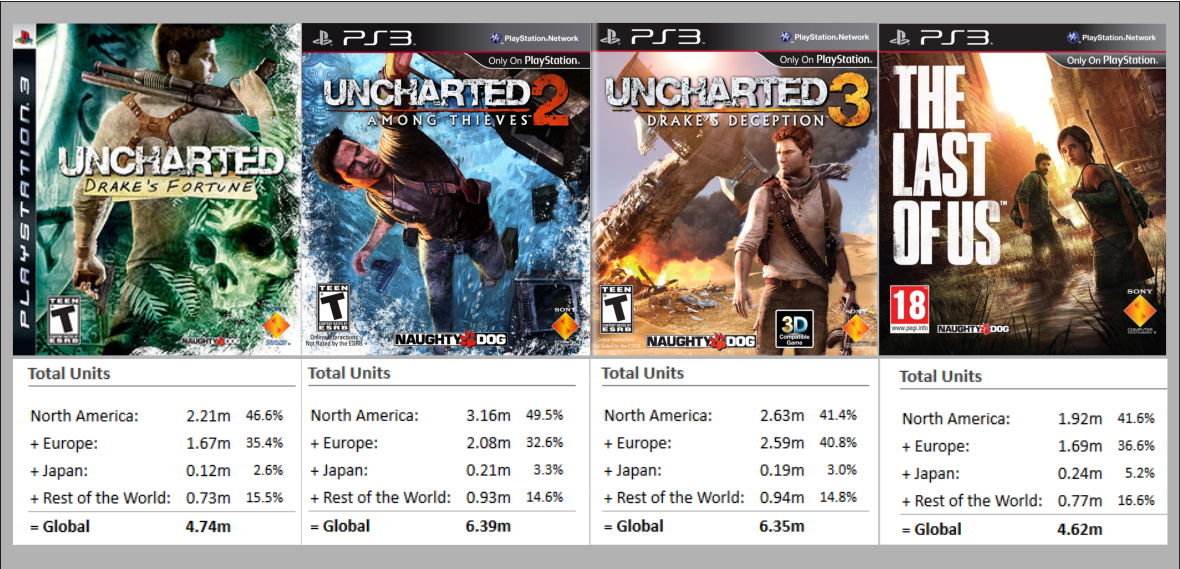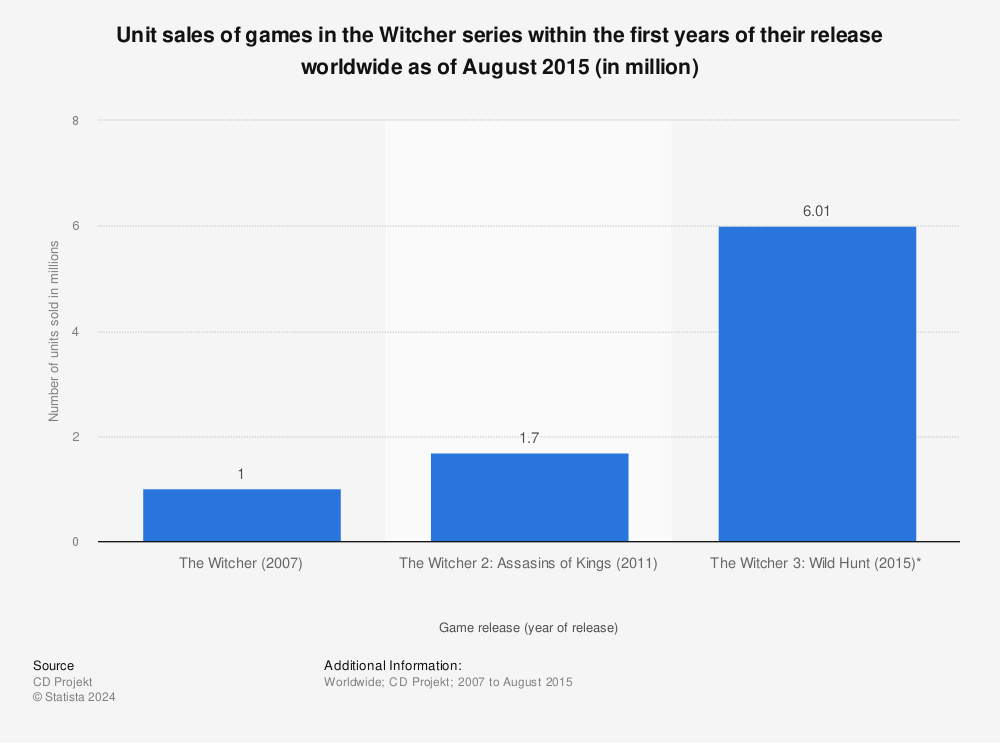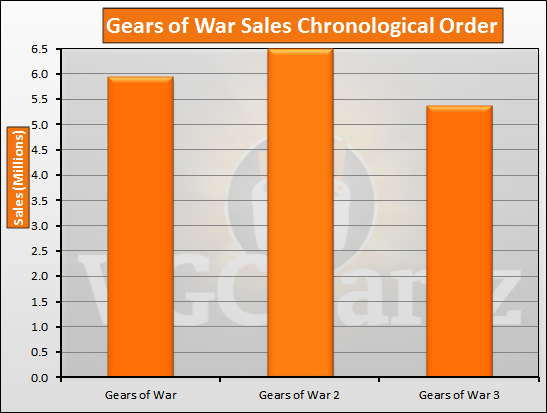@Shifty Geezer point taken with some of the post but some you posted helps my statement more so than yours.
The Assassin's Creed series has many reset points where the main characters were end of life and replaced with different heroes. Now why do you suppose they did that? Maybe a small part to alleviate concerns of gamers having to jump in mid-series? Also from the Fallout series, you're not playing the same character and continuing the storyline. You're an entirely different hero in each series. So those 2 data points provide more evidence of not carrying forward the same story-line and don't require investments by gamers into the previous game title.








